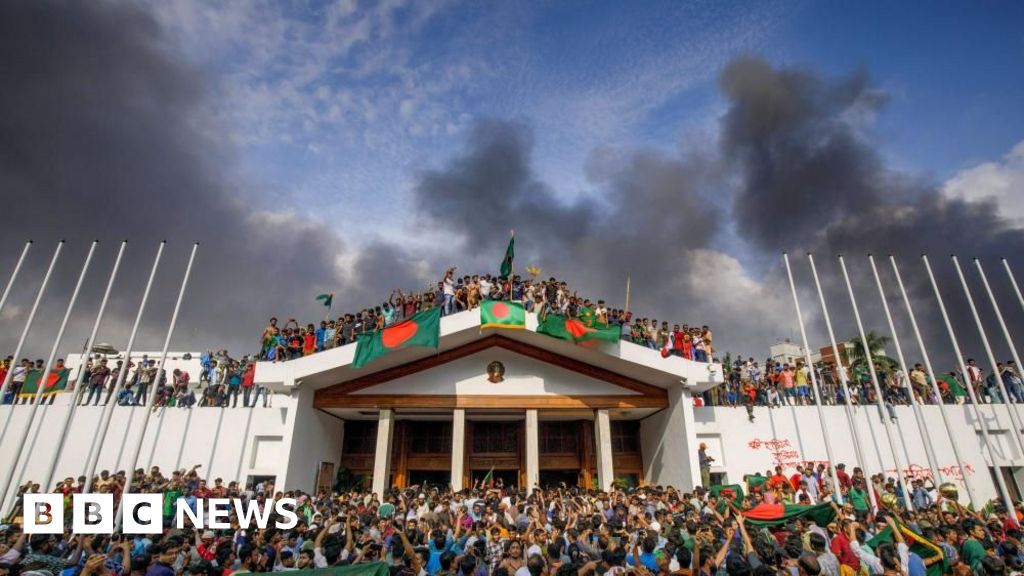By Mir Sabbir
Copyright bbc

Relations with Bangladesh’s largest neighbour, India, have been tense since Hasina found shelter in Delhi.
Bangladeshi courts have issued a warrant for her arrest, and Bangladesh has sought her extradition. India has yet to officially react.
The relationship with India is a sensitive issue in Bangladeshi politics. The country shares the vast majority of its land border with India. Political parties, including the BNP, have consistently criticised Delhi for its support for the Awami League, including the three controversial elections held during its rule.
“If they [India] want to displease Bangladeshi people by sheltering a dictator, then we have nothing to do about it,” said Rahman.
A central issue in the election is likely to be the promise of democratic reform and freedom of speech. The Awami League government was widely criticised for suppressing dissent, including a court order that banned the media from publishing speeches by Tarique Rahman.
He told the BBC he would ensure such restrictions are not repeated if he comes to power.
The interim government is attempting to build a consensus among political parties on a set of reforms, but progress has been slow. For many Bangladeshis, particularly the young people who led last year’s uprising, ensuring basic freedoms will be a key test for the country’s next government.